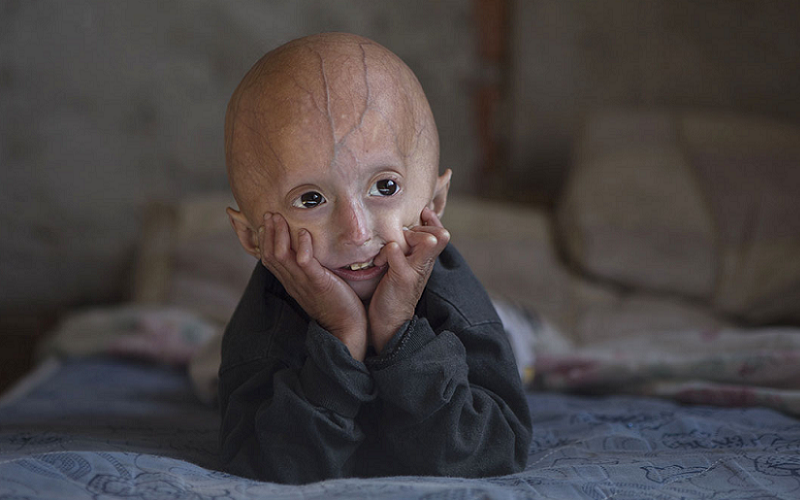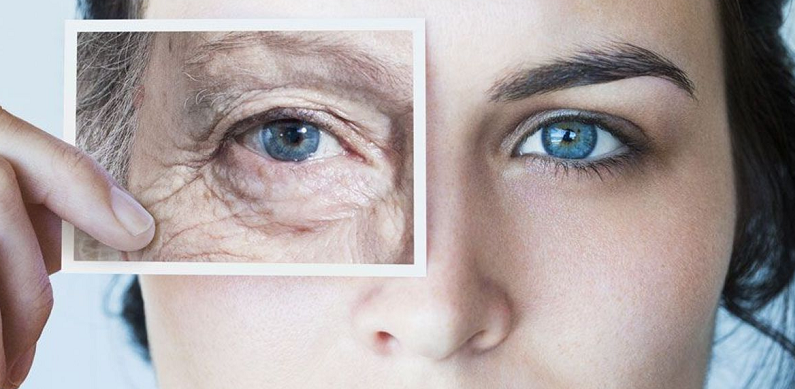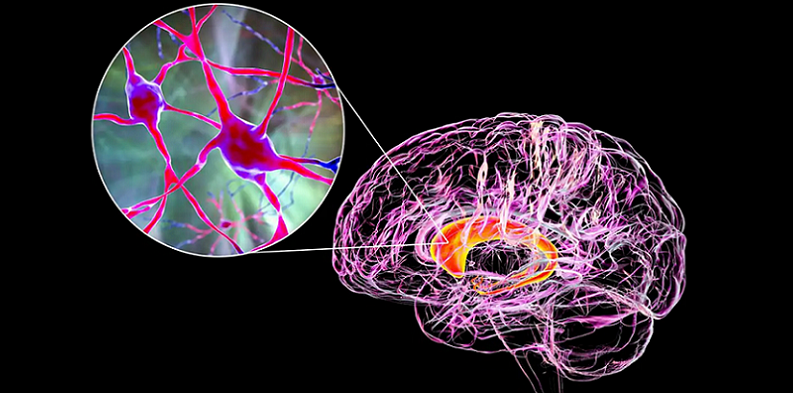
As we age, our brain undergoes significant changes, some of which are influenced by genetics. While the majority of genetic factors are common and well-studied, there exists a realm of rare genetic mutations that can have a striking impact on how our brain ages. These rare mutations, often overshadowed by their more common counterparts, hold the key to understanding some of the most mysterious aspects of brain health and cognitive decline.
Contents
Introduction to Genetic Mutations and Brain Aging
Cognitive decline is a term that encompasses a range of conditions affecting brain function, including memory loss, difficulty in problem-solving, and challenges in language skills. It is a phenomenon often associated with aging, but not exclusively so. Various factors, including genetics, can influence the rate and severity of cognitive decline. By understanding these factors, we can better prepare for and potentially mitigate their impacts.
Brain aging is a natural process characterized by gradual changes in brain structure and function. These changes can manifest in various ways, from slowed thought processes to more severe conditions like dementia. While some aspects of brain aging are common and expected, others are influenced by individual genetic makeup, lifestyle, and environmental factors.
Genetic mutations play a pivotal role in shaping our health, including the health of our brains as we age. While some mutations are common and widely studied, rare genetic mutations can have a profound, yet often less understood, impact on brain aging. Understanding these rare mutations is crucial for developing targeted therapies and interventions, offering new insights into preventing or slowing cognitive decline.
Understanding Genetic Mutations
To fully appreciate how rare genetic mutations impact brain aging, we first need to establish a fundamental understanding of what genetic mutations are, their different types, and their prevalence. This foundational knowledge is key to grasping the more complex aspects of their relationship with cognitive health.
Definition of Genetic Mutations
Genetic mutations are changes in the DNA sequence that differ from the typical sequence in the human genome. These mutations can be as small as a single DNA building block (nucleotide) change or as large as a large segment of a chromosome. Mutations can be inherited from parents or acquired over a person’s lifetime due to environmental factors and errors in DNA replication. Not all mutations result in noticeable changes, but some can have significant health implications.
Types of Genetic Mutations
There are several types of genetic mutations, each with distinct characteristics. Point mutations involve a change in a single nucleotide, while frameshift mutations result from the insertion or deletion of nucleotides that alter the reading frame of a gene. Additionally, there are chromosomal mutations, which involve changes to the structure or number of entire chromosomes. These various mutations can lead to different outcomes in terms of genetic expression and resultant physiological effects [1].
Prevalence of Rare Genetic Mutations
While some genetic mutations are common and well-documented, rare genetic mutations, as the name suggests, occur infrequently. These rare mutations often go undetected due to their low prevalence in the population. However, their rarity does not diminish their potential impact on health, including brain health. Understanding the prevalence and impact of these mutations is crucial for recognizing their role in brain aging and related cognitive conditions.

Link Between Genetics and Brain Health
Having established a basic understanding of genetic mutations, we now turn our attention to the intricate connection between genetics and brain health. This relationship is crucial for comprehending how genetic factors, particularly rare mutations, can influence the aging process of the brain and impact cognitive functions.
General Impact of Genetics on Brain Function
Genetics plays a significant role in determining the structure and function of the brain. From the very early stages of brain development in the womb to cognitive changes in old age, our genetic makeup influences various aspects of brain health. This includes the development of neural pathways, the production of neurotransmitters, and the brain’s overall plasticity. Genetic factors can predispose individuals to certain neurological conditions, influence their resilience to cognitive decline, and affect their response to environmental factors [2].
Specific Genetic Factors Influencing Brain Aging
Several specific genetic factors have been identified that directly impact brain aging. These include genes related to neurodegeneration, such as those involved in Alzheimer’s and Parkinson’s diseases. Additionally, genes that regulate inflammation, oxidative stress, and the repair of DNA damage also play a crucial role in the aging brain.
Understanding these specific genetic factors helps in identifying individuals at risk for accelerated brain aging and cognitive decline and opens avenues for targeted interventions.
Case Studies of Genetic Influences on Cognitive Health
To illustrate the impact of genetics on brain health, numerous case studies and research findings have shed light on this complex relationship. For instance, studies on twins have provided insights into the heritability of cognitive traits and disorders.
Other research has focused on families with a history of neurodegenerative diseases, identifying specific genetic mutations linked to these conditions. These case studies not only highlight the genetic influences on brain health but also underscore the variability and complexity of these relationships [3].

Rare Genetic Mutations and Brain Aging
Building on our understanding of the general link between genetics and brain health, we now focus on the specific realm of rare genetic mutations and their impact on brain aging.
Overview of Key Rare Genetic Mutations
Mutation Examples
Rare genetic mutations, though less frequently encountered, can have significant implications for brain health. Examples include mutations in the APP gene related to Alzheimer’s disease, or the LRRK2 gene associated with Parkinson’s disease. These mutations, while not present in the majority of cases, can lead to early onset or a more severe progression of these neurodegenerative diseases [4].
How These Mutations Impact Brain Cells
The impact of these rare mutations on brain cells can be diverse. Some mutations lead to the buildup of toxic proteins in the brain, while others may affect the brain’s ability to repair DNA damage or manage oxidative stress. These cellular-level changes can accelerate the aging process of the brain, leading to early onset or rapid progression of cognitive decline.
Research Findings on Mutation-Related Brain Aging
Recent Studies and Results
Recent studies have shed light on the mechanisms through which these rare mutations affect brain aging. For example, research into the APOE ε4 allele, a well-known risk factor for Alzheimer’s, has revealed how it influences amyloid-beta accumulation in the brain. Other studies have explored how mutations in genes like TREM2 affect the brain’s immune response and contribute to neurodegeneration.
Analysis of Data
Analyzing data from these studies, researchers have been able to draw connections between specific mutations and their impact on brain aging. These analyses help in understanding the biological pathways involved in neurodegeneration and the potential for targeted treatments to mitigate the effects of these mutations [5].
Personal Stories and Case Reports
Personal stories and case reports add a human dimension to the scientific data, illustrating the real-world impact of rare genetic mutations on individuals and families. These stories often highlight the challenges in diagnosing and managing conditions related to rare mutations and underscore the importance of research in this field. They also serve as a powerful reminder of the need for personalized approaches in treating neurodegenerative diseases.
References
[1] Emerging genetic complexity and rare genetic variants in neurodegenerative brain diseases
[2] How one man’s rare Alzheimer’s mutation delayed the onset of disease
[3] Brain Somatic Mutation in Aging and Alzheimer’s Disease
[4] A rare mutation protects against Alzheimer’s disease, Stanford-led research finds
[5] Brain-Aging Gene Discovered

